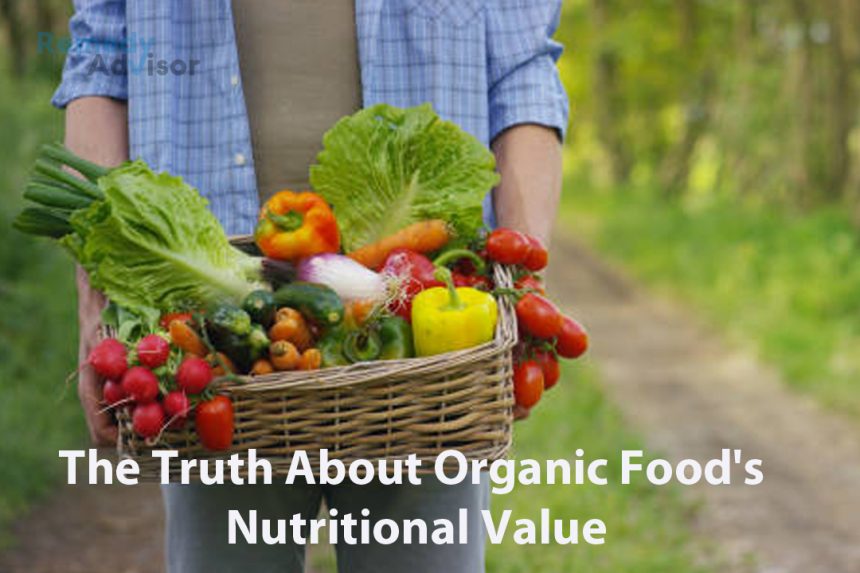People often ask me if fruits and vegetables grown organically are healthier than those grown in other ways. Based on research, it seems that they are. The most expensive study on organic food to date, which cost $25 million, found that organic produce is much healthier than regular produce. In 2007, the European Union funded a four-year study that found that organic fruits and vegetables have up to 40% more antioxidants and higher levels of healthy minerals like iron and zinc. Milk from organic herds contained up to 90 percent more antioxidants. On both organic and nonorganic sites near Newcastle University, the researchers grew fruits and vegetables and raised cattle, and the results were based on these sites. Professor Carlo Leifert, who led the study, says that eating organic foods can help people get more nutrients even if they don’t eat the recommended amount of fruits and vegetables every day.
Also, in 2001, a doctoral dissertation at Johns Hopkins University looked at 41 different experiments. These included field trials, greenhouse pot experiments, market basket surveys, and farmer surveys. The study focused on nutrients like calcium, copper, iron, magnesium, manganese, phosphorus, potassium, sodium, zinc, beta-carotene, and vitamin C. Nitrates were also looked at in many studies. The results showed that organic vegetables had 27 percent more vitamin C, 21 percent more iron, 29 percent more magnesium, and 13 percent more phosphorus than conventionally grown vegetables. Also, there were 15% less nitrates in organic vegetables. Notably, organically grown lettuce, spinach, carrots, potatoes, and cabbage had the biggest increases in nutrients. Buying organic food is a good investment because it has less chemical residue and supports farming methods that are good for the environment. Also, it is good for the health of all people and the planet as a whole.
Studies Reveal Pesticides and Other Toxins Make Us Fat
Researchers have shown that atrazine, which is a common herbicide, can change the sexes of fish and make rats gain weight no matter how they eat. Kaveh Ashrafi, MD, PhD, said that pesticides and other toxins in the environment may affect the genes that control how fat is burned.
In another study, mice were exposed to diethylstilbestrol (DES) which is used in feed for factory-farm livestock and poultry while in utero – for five days. Although these mice had normal birth weights and growth rates, they became much fatter over time, even though they had the same eating and activity habits as mice that were not exposed to DES.
Could the fact that there are drug residues in commercial meat be making people who eat a lot of these animal products gain weight? Dr. Ashrafi said that toxins in the environment could be acting like hidden drugs and causing the body to store fat.







